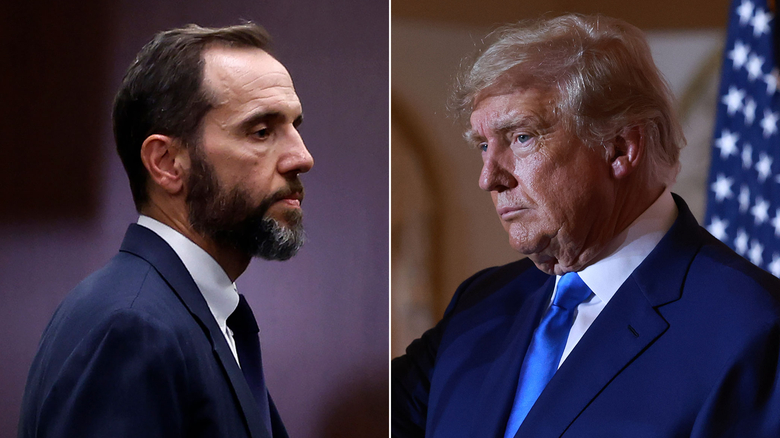
Disagreements between Donald Trump and special counsel Jack Smith over when the trial should start in the federal election subversion criminal case brought against the former president are at the center of a hearing underway Monday at the federal courthouse in Washington, DC.
In filings recently submitted by the two sides to US District Judge Tanya Chutkan, who is overseeing the case, a significant amount of daylight stood between them over when to begin the trial, with Smith proposing a January 2024 start date and Trump asking the judge to begin the trial years later, in April 2026.
Now, both sides will make their case to the judge in-person.
Smith’s team told Chutkan in a filing earlier this month that the trial should begin on January 2, 2024. They said their presentation of evidence in the trial would take “no longer than four to six weeks,” meaning that Trump may need to spend his weekdays in court before a jury in the crucial first two months of a presidential election year, as primary voting begins for Republicans.
Attorneys for the former president forcefully pushed back shortly thereafter, urging the judge to reject Smith’s proposal and saying the prosecutor sought an unusually “rapid” trial schedule.
“The government’s objective is clear: to deny President Trump and his counsel a fair ability to prepare for trial,” they wrote in their filing.
Among other things, Trump’s team argued that Smith’s proposed timeline for the trial would conflict with the other criminal and civil cases in which the former president is a defendant, including the classified documents case brought by Smith, the hush money case in New York and the Georgia election subversion case.
In the Georgia case, Fulton County District Attorney Fani Willis last week suggested an October 23, 2023, trial date, something Trump’s team also said they oppose.
Smith said in a filing to Chutkan last week that Trump was overplaying concerns about scheduling conflicts among his various criminal cases. His office offered to start jury selection a little later in December to accommodate for a hearing scheduling in the classified documents case in Florida.
Attorneys for the former president forcefully pushed back shortly thereafter, urging the judge to reject Smith’s proposal and saying the prosecutor sought an unusually “rapid” trial schedule.
“The government’s objective is clear: to deny President Trump and his counsel a fair ability to prepare for trial,” they wrote in their filing.
Read more about today’s hearing in the federal election subversion.
